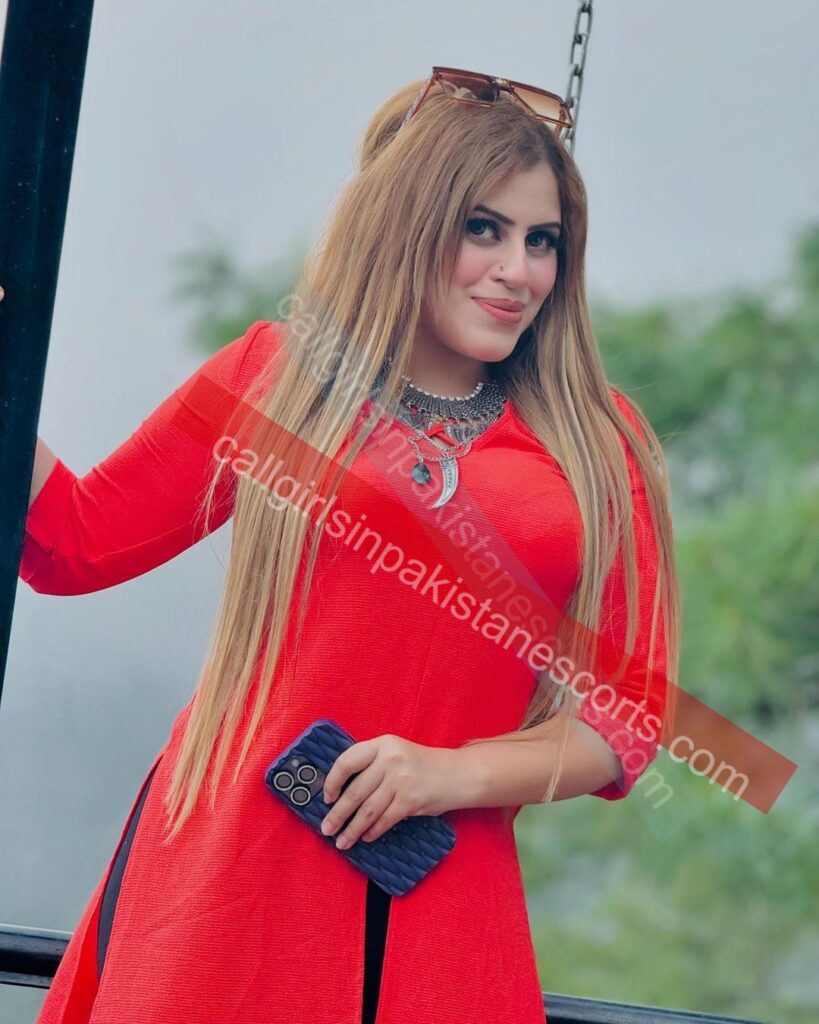In recent years, Sialkot has emerged as a city of considerable socio-economic importance, with its rich history in sports, manufacturing, and craftsmanship. Call Girls In Zahoor Elahi Stadium Sialkot serves as a prominent venue for sporting events, particularly cricket matches, drawing significant crowds and attention. However, alongside the excitement surrounding these events, discussions have surfaced regarding the existence and implications of call services, commonly referred to as ‘call girls’, in the vicinity of such high-traffic areas.
The Context of Zahoor Elahi Stadium
Zahoor Elahi Stadium is not just a sports arena; it is a symbol of Sialkot’s love for cricket and a hub for local cultural exchange. Established to host regional and international sporting events, it has become a focal point for entertainment and festivities. The influx of spectators during matches creates a lucrative environment for various businesses, including hospitality, food services, and unfortunately, illicit activities.
The discussions around call services are complex, intertwining socio-cultural, economic, and legal threads. Understanding these dynamics requires a closer examination of the social fabric of Sialkot and the broader implications of such services on community ethics and safety.
The Socio-economic Landscape
In many urban areas around the world, including Sialkot, economic pressures can drive individuals to seek alternative means of income. For some, engaging in call services may appear to be an attractive option, especially in a city where job opportunities may be limited. The location near Zahoor Elahi Stadium presents a unique opportunity for these individuals to connect with potential clients drawn to the vibrancy of local events.
However, it is essential to consider the motivations behind this choice. Factors such as poverty, lack of education, and limited employment opportunities can push individuals into such lines of work. This situation raises ethical questions about consent, exploitation, and the need for better economic reforms that address the root causes of such activities.
Legal Implications
The legality of Call Girls In Zahoor Elahi Stadium Sialkot varies from region to region, and in Pakistan, engaging in such activities is generally viewed through a critical lens. The legal framework surrounding prostitution and related activities is contentious, often resulting in law enforcement taking a strong stance against it. The laws not only aim to protect potential victims but also to maintain public order and cultural values.
Law enforcement’s approach can lead to a cycle of stigma and marginalization for those working in the industry, often pushing these services underground. Individuals who turn to call services may find themselves operating in perilous conditions, devoid of legal protection and access to healthcare.
A Cultural Perspective
In Sialkot, as in many parts of South Asia, cultural norms place strong emphasis on family structures, honor, and morality. The presence of call services can create tension within the community, as they may clash with traditional values.
This dichotomy can lead to a range of reactions among community members—from moral outrage and calls for stricter enforcement of laws to a more nuanced understanding of the socioeconomic factors that drive individuals into such work. Engaging in open dialogues about these issues can help dispel stigma and foster a more inclusive environment where people can discuss and address their concerns without fear of backlash.
Safety and Health Considerations
The health and safety of individuals involved in call services is a significant concern. Those working in this field often face numerous risks, including violence, exploitation, and health issues related to sexually transmitted infections. Without legal protection and accessible healthcare services, these individuals are particularly vulnerable.
Community health initiatives that focus on education and outreach can play a vital role in addressing these risks. By providing access to healthcare and resources, including counseling and support services, it is possible to empower individuals to make informed choices about their health and well-being.
Moving Forward: A Path to Understanding
Addressing the complexities of call services around Zahoor Elahi Stadium requires a multi-faceted approach. Policymakers, community leaders, and citizens must come together to engage in meaningful conversations about the underlying issues, including economic development, education, and health services.
Moreover, fostering an environment where individuals feel safe to discuss their experiences and seek help without fear of ostracism is crucial. By prioritizing education, advocacy, and community support, Sialkot can work towards creating a society that not only provides opportunities for its citizens but also respects and upholds their rights and dignity.
In conclusion, while the presence of call services around Zahoor Elahi Stadium may be a sensitive topic, it calls for a balanced exploration of the interplay between culture, economy, and legality. Engaging in these discussions openly can pave the way for more comprehensive solutions that address the needs of the community as a whole, rather than merely attempting to suppress certain aspects of it. The journey towards understanding and betterment requires empathy, education, and collaboration—fundamental values that could lead to a more inclusive Sialkot for all its residents.






